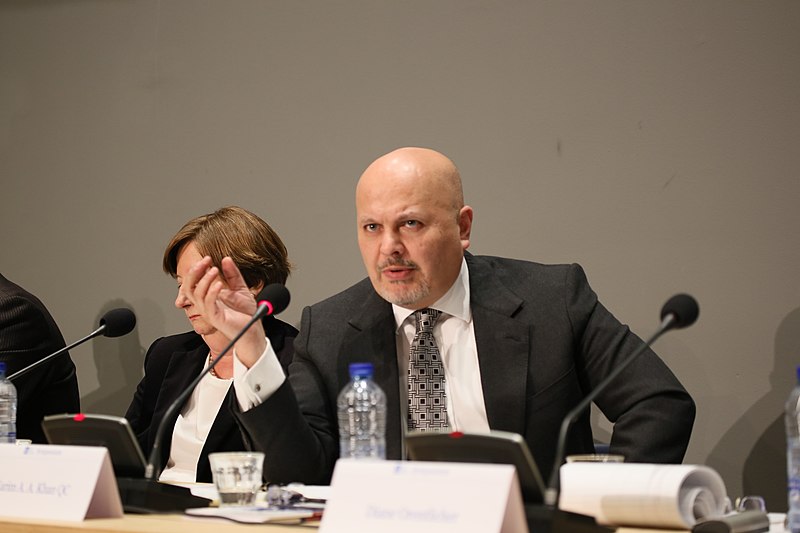
Donald Trump is reportedly considering sanctions against Karim Khan, the British lawyer and chief prosecutor at the International Criminal Court (ICC), who led efforts to prosecute Israeli Prime
Minister Benjamin Netanyahu. This comes after the ICC issued arrest warrants for Netanyahu and former Israeli Defense Minister Yoav Gallant over alleged war crimes in Gaza.
The arrest warrants, first requested by Khan in May, were approved unanimously by a three-judge panel on Thursday. The ICC has alleged that Netanyahu and Gallant bear responsibility for war crimes, including the use of starvation as a method of warfare and crimes against humanity such as murder and persecution.
U.S. Pushback Against the ICC
In response to the ICC’s decision, Trump’s incoming national security adviser, Mike Waltz, dismissed the court as lacking credibility and promised a strong retaliatory response once Trump assumes office in January. Senior Republicans, including Michael McCaul, chairman of the House Foreign Affairs Committee, have also called for sanctions, urging the Senate to enact legislation targeting ICC officials immediately.
UK Response to ICC Warrants
The UK has taken a more cautious stance on the issue. When asked whether Netanyahu would be arrested if he visited the UK, Downing Street declined to comment on the specific case, calling it hypothetical. However, the UK government confirmed it would follow its legal obligations under the International Criminal Court Act 2001. The Act requires the Secretary of State to transmit ICC arrest requests to an appropriate judicial officer.
Keir Starmer’s spokesperson affirmed that the government would comply with its legal obligations under the Act while continuing diplomatic engagement with Netanyahu to facilitate a ceasefire in the Middle East.
European Reactions
Reactions across Europe have been mixed. Germany and France refrained from clarifying their stance on the arrest warrants, while Hungary’s Prime Minister Viktor Orbán vowed to defy the ICC’s decision and refuse to enforce the warrant.
Broader Implications
The ICC’s decision has drawn sharp criticism from U.S. officials, further straining relations between the U.S. and the international court. The potential sanctions against Khan would mark a significant escalation in the U.S.’s stance against the ICC, signaling a broader rejection of its authority in cases involving allies like Israel. Meanwhile, the UK and other European nations appear to be treading a careful line, balancing legal obligations with political considerations. Photo by UN International Criminal Tribunal for the former Yugoslavia, Wikimedia commons.






































